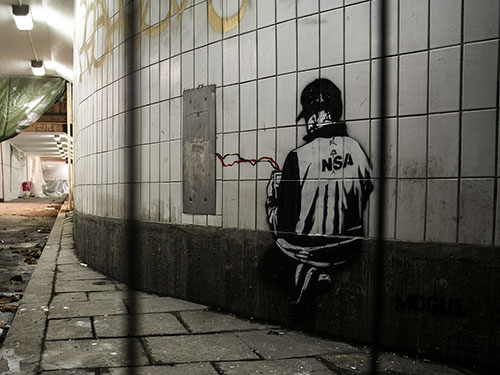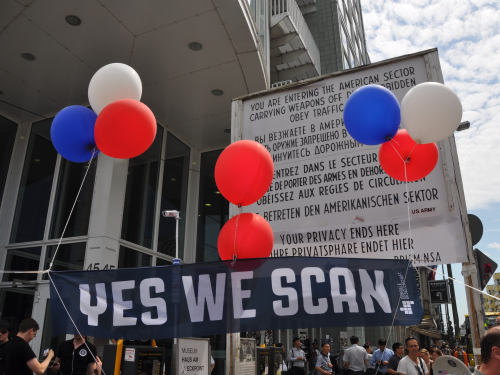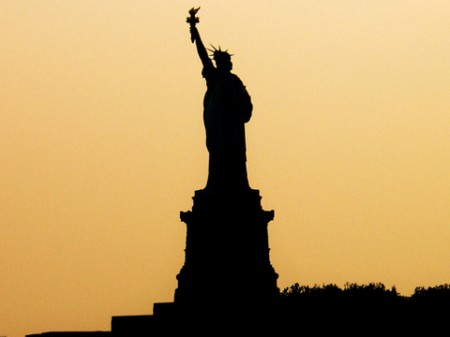
This article was originally published by the S. Rajaratnam School of International Studies (RSIS) in December 2016.
Synopsis
Many cities around the world are exploring the use of Smart CCTVs as advances in Artificial Intelligence (AI) offer operational value for homeland security. However, cybersecurity and overreliance could impede the technology’s potential.
Commentary
Following recent terrorist incidents, Germany’s Interior Minister announced in August 2016 that CCTV cameras at airports and train stations will be enhanced with facial recognition technology. Likewise, the New York Police Department has developed the Domain Awareness System that uses similar technology to track and monitor potential suspects.
Globalisation increases the exposure of cities to myriad transnational threats even as growing urbanisation is putting the strain on law enforcement by increasing the densities of population, property and critical infrastructure to be safeguarded in each precinct. These inherent challenges in protecting cities – population and economic centres that make attractive soft targets – necessitate the early warning and identification of threats. Smart CCTVs support this function as the third eye of cities by complementing the vigilance of police officers and the community.




